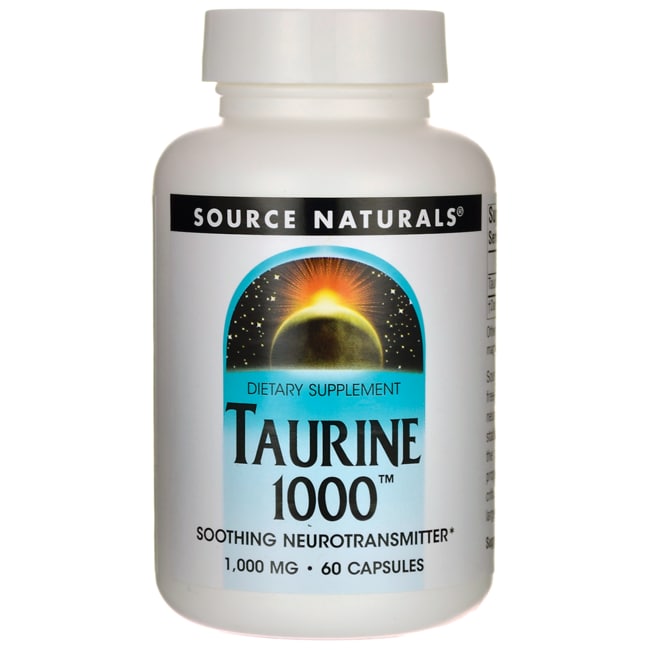

Studies indicate that taurine may help with the regeneration of brain cells, which could be beneficial for the treatment of neurodegenerative conditions like Parkinson’s disease. Possibly Helps Decrease Symptoms of Parkinson’s Disease It also decreased the atherogenic index, a measure that is used to predict the risk of atherosclerosis and heart disease. One study out of Japan found that taking 3 grams daily for seven weeks led to significant reductions in body weight and triglyceride levels, both of which are risk factors for heart disease. Recent research shows that taurine exhibits an anti-inflammatory effect on cardiovascular disease, and it may even improve diabetes. In fact, according to a review published in Amino Acids, animal models suggest that a higher intake could help protect against heart disease and prevent fatty plaque build-up in the arteries. Studies show that taurine may help reduce the risk of heart disease, thanks to its ability to decrease blood pressure and inflammation. May Help Reduce the Risk of Heart Disease and Diabetes It’s also widely available in supplement form, and may be beneficial for people at risk for taurine deficiency, including those receiving parenteral nutrition or those with chronic heart, liver or kidney failure. Like the ingredient guarana, L-taurine is often added to energy drinks for those looking to take advantage of the potential taurine benefits.

This means that the body is usually able to produce it on its own, except during times of illness and stress. Like other amino acids such as glutamine and proline, it is a conditionally essential amino acid. In fact, it’s found in a variety of natural sources, both in the body and throughout the food supply. However, contrary to popular belief, there’s no association between taurine and bull sperm. The word “taurine” stems from the Latin word taurus, which means bull or ox, because it was first isolated from ox bile in 1827 by German scientists Friedrich Tiedemann and Leopold Gmelin. So what is taurine? Taurine, or 2-aminoethanesulfonic acid, is a type of amino acid that is found in the body and is considered the most abundant amino acid in the heart, retina, skeletal muscle, brain and immune cells. Keep reading for everything you need to know about this important amino acid and the many potential taurine benefits that it can provide. So where does taurine come from, what does taurine do, and is taurine bad for you? Produced in the body and found naturally in a variety of food sources and supplements (including thermogenics), there are plenty of options to help you get your fix. Taurine is a key amino acid involved in nearly every aspect of health, from heart health to brain function and beyond.


 0 kommentar(er)
0 kommentar(er)
